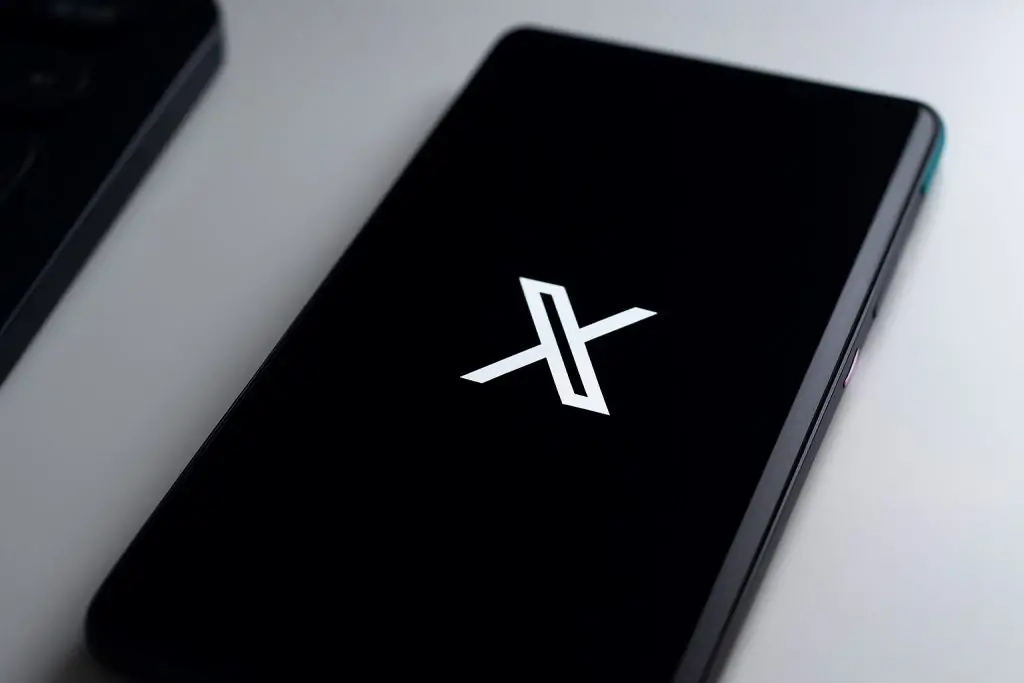
Panne de connexion X : le passage de la clé de sécurité à X.com bloque les utilisateurs alors que Twitter.com disparaît enfin (13 novembre 2025)
Des millions d’utilisateurs de X (anciennement Twitter) qui ont « tout fait correctement » pour la sécurité de leur compte ont passé les dernières 24 heures bloqués, coincés dans des boucles sans fin d’authentification à deux facteurs et accueillis par un message